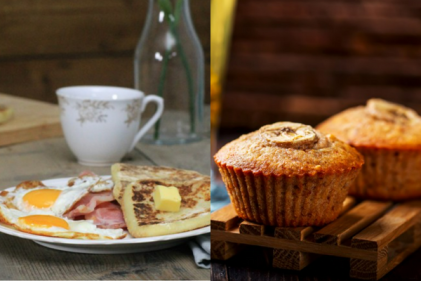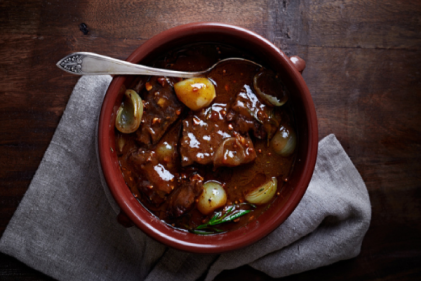A new study analysing children's cartoons and TV programmes has argued that more working class and LGBTQ+ characters are needed for inclusion.
Researchers claim that shows such as Paw Patrol and My Little Pony could be making your child "prejudiced", and more action is needed to "shape the perceptions" of children.
The study, entitled 'Is TV Making Your Child Prejudiced?' has said that preschool entertainment contains poor minority representation and the use of ignorant stereotypes.
Paw Patrol was heavily criticised over the show's lack of gender balance, and My Little Pony apparently has a noteworthy lack of class distinctions.
The report emphasises that kids cartoons fail to adequately represent BAME characters (black, Asian and minority ethnic), as well as the LGBTQ+ community, women, those of lower class backgrounds and people with disabilities.
Fireman Sam recently introduced the character of wheel-chair user Hannah Sparkes to the TV programme, which was a ground-breaking move but one which is rare in television.
My Little Pony was also hailed for introducing a same-sex pony couple, Aunt Holiday and Auntie Lofty. The study points out that there is far more work to be done, however.
Children's app company Hopster carried out the study, and illustrated that progress had been made but that; "more work needs to be done to help positively shape the perceptions of our youngest generation".
Nick Walters, founder of Hopster, said: "Many shows aimed at preschoolers are entertaining and educational, but it's clear from our research that stereotypes still creep in.
"It's so important that kids from all types of families see themselves represented in the shows they watch."
We commissioned a report into top preschool TV shows. The results are in and the most popular kids shows in the UK poorly represents disability, LGBT+, the working class, have high rates of gender stereotyping, and push BAME characters into the background https://t.co/CA8vYGTwcQ
— Hopster (@hopsterTV) July 17, 2019
50 popular children's shows were examined on their levels of inclusivity and on-screen representation.
Shockingly, just nine percent of material viewed showed working-class families, with mansions and luxurious palaces more common in kids TV.
The report also claimed that a lapse is "demonstrated in My Little Pony, where the unintelligent, 'working-class' goat characters are given strong Southern US accents".
Only 16 percent of content studied displayed disability on-screen, and often did so negatively when it was represented. An LGBTQ+ character is only referenced in seven percent of shows examined.
According to Hopster; "White characters dominated the content selected for this study." BAME representation was also seen as tokenistic, such as in Horrid Henry.
Just six shows out of the 50 examined had BAME lead characters. Hopster also said that, through visuals or voiceovers, "non-real life characters can still achieve BAME representation", such as in Teletubbies.
One-third of content viewed perpetuated gender stereotypes, according to the data. Cartoons show "boys who fight" and "girls who are image-orientated".
This can be seen in Paw Patrol, "where, although all equally capable, there are only two female dogs alongside the five male leads".
Despite the introduction of a character with a disability, Hopster's report cautioned against negative portrayals of "nerds" as wearing glasses, and single mothers as incapable, in Fireman Sam.
Child and educational psychologist Laverne Antrobus said:
"Preschoolers as the next generation need to view programmes that invite them into a world where the rich layers of difference are celebrated and crucially seen within their favourite programmes.
"Parents need to be mindful of the content their kids are watching, as seeing themselves and others reflected on screen will nurture their sense of a society in which everyone is represented and can feel they belong."
YouTube and streaming services had a lower level of representation than shows aired on traditional media, interestingly.
Parents have been made aware of the messages which their children receive by watching cartoons, warning that "dated" content featuring harmful stereotypes and ignorance is still available.
Warren Kirwan, of disability equality charity Scope, said: "Children's TV has the potential to shape the attitudes of the next generation, which is why it's so important that it gets diversity right.
"It's particularly worrying that when children's programmes do show disability, it's often in a negative way. We hope children's TV producers will explore disability in a positive way, and create more diverse characters which reflect the lives of disabled children."








